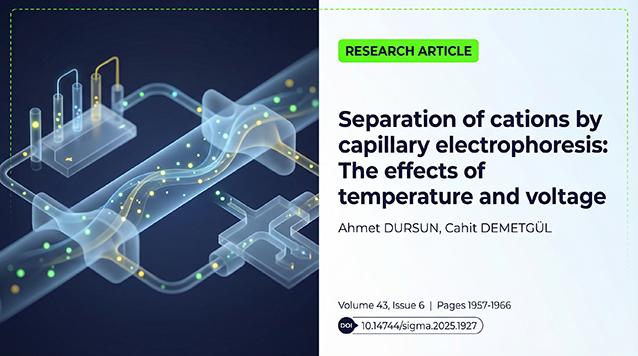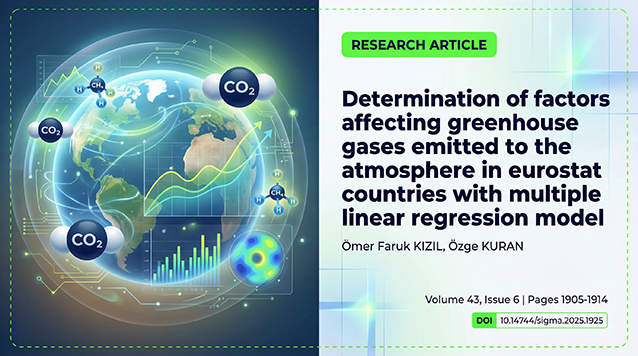Abstract
The current research focuses on experimentally assessing the influence of process parameters in Abrasive Water Jet Machining (AWJM) on Core MAT and Carbon Fiber Reinforced Polymer (CFRP) materials. The objective of this study is to enhance our comprehension of how various process variables, including water pressure, abrasive flow rate, standoff distance, and traverse speed, impact the cutting effectiveness and quality of Core Mat and CFRP. To evaluate the machining parameters for abrasive water jet (AWJ) machining, It was decided to adopt the well-established Taguchi approach and utilized the L9 orthogonal array configuration. AWJ machining employs high-velocity water with abrasive particles to cut a range of materials, encompassing soft, hard, ductile, and brittle materials. Through the planning of control parameters such as feed rate, pressure, standoff distance, and abrasive flow, it was successfully achieved the proposed way of an increase in material removal rate (MRR) while simultaneously reducing surface roughness (Ra). To identify the key factors independently influencing the process, the widely recognized S/N ratio analysis was adopted. Subsequently, grey relational analysis was chosen to optimize multiple performance aspects by rating distinct level combinations of the variables according to their grey relational grade. Finally, these results were verified by using Grey fuzzy relations. The data demonstrates significant improvements in the machining process.
















